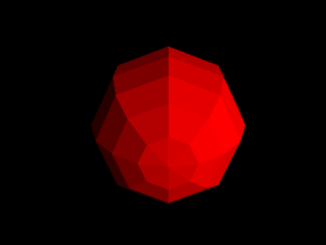Related Articles

Bill Powers
Modeling systems
William T. Powers (2009) We hear quite a lot about models such as weather models which can be used to predict what will happen in the next few days, or models of colliding galaxies which […]

Biology & Neuroscience
Heather Bell´s PCT simulation of distance control in rival animals
Heather C. Bell, Greg D. Bell, […], and Sergio M. Pellis (2015) https://journals.sagepub.com/doi/full/10.1177/1059712315607606

Computational Models
Computational Models
Quick links on Computational Models:
